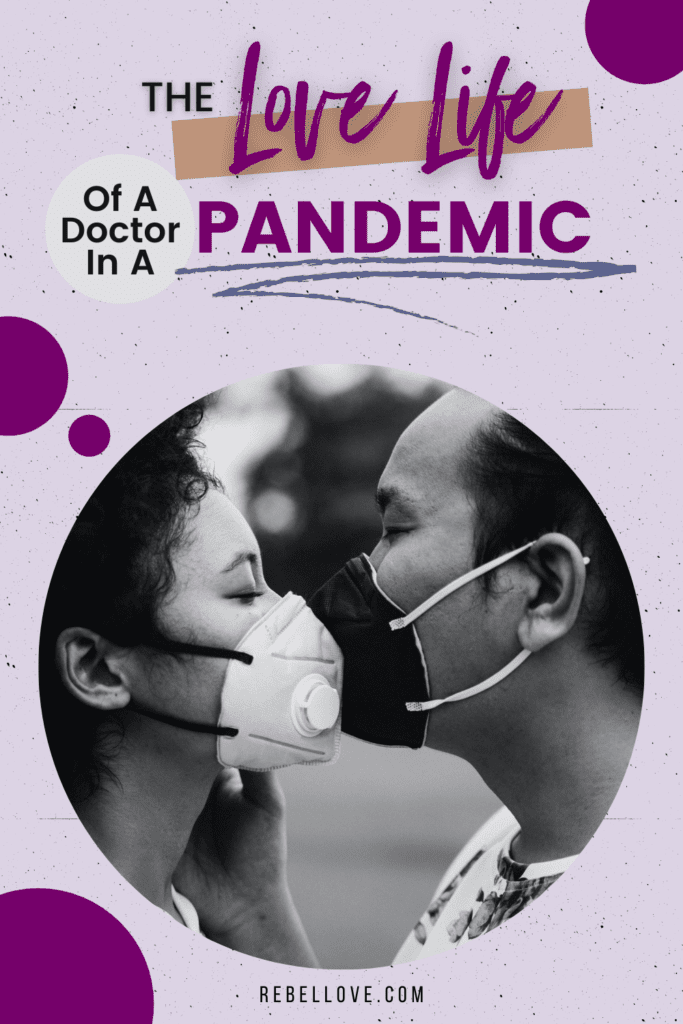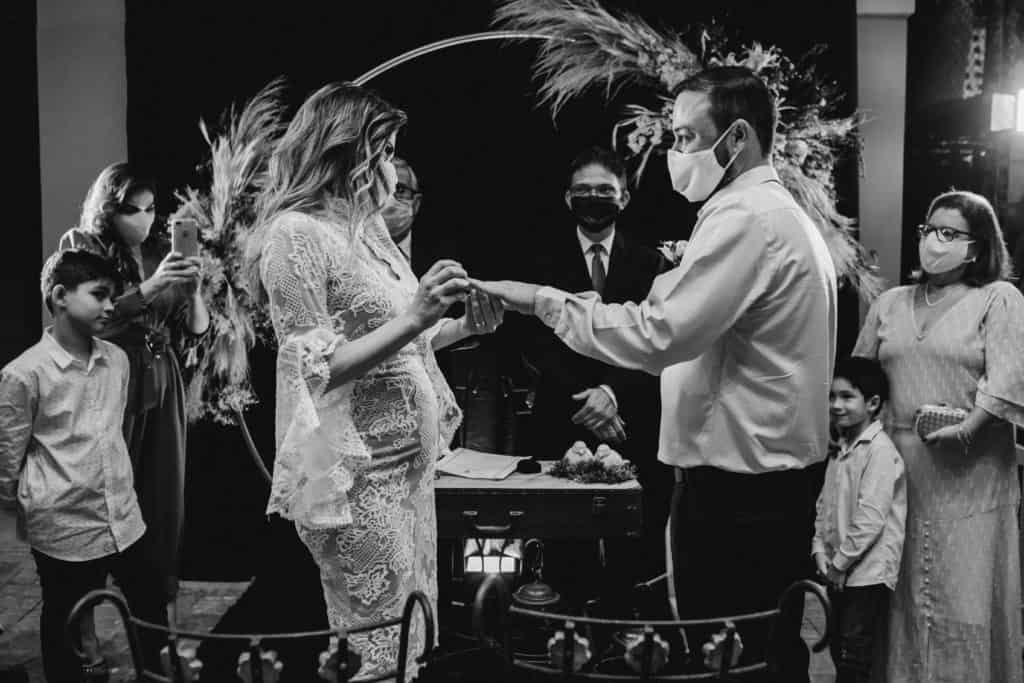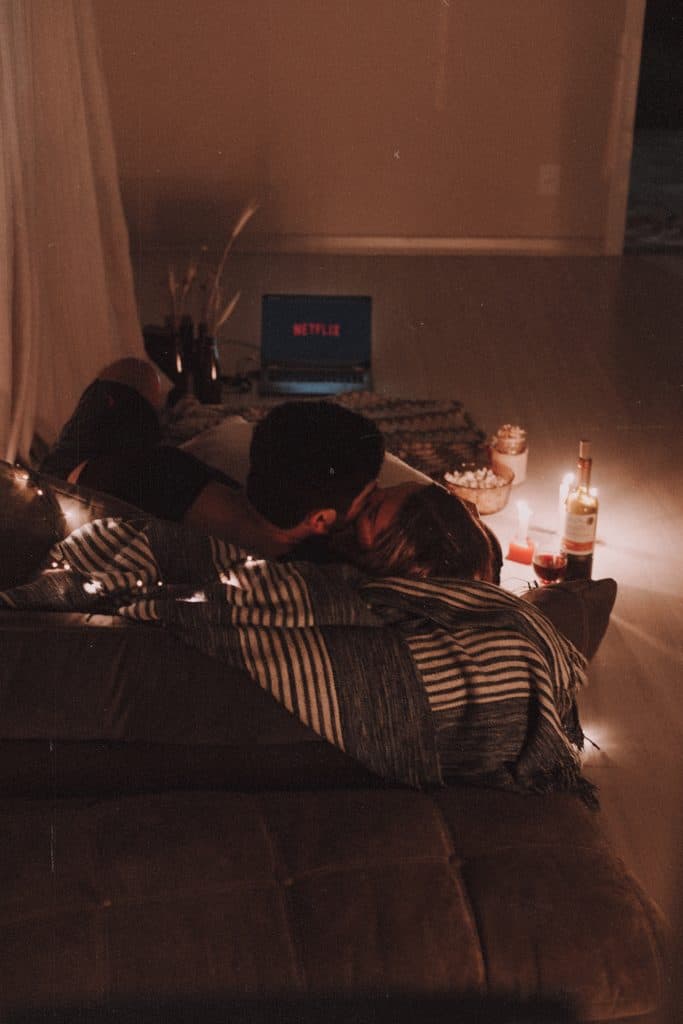This post may contain affiliate links and Rebel Love may be compensated for purchases visitors make through these links. We only promote products and services we really care about and that we think are useful. Read the full policy here.
My first article written for Rebel Love was about two years ago when I had first gotten engaged. A lot has happened since. My fiancé (now husband) and I completed med school and the intern year of our residency. The one year of compulsory residency came with its own challenges. In my country, every ‘doctor’ must complete one year of training — after that, they can remain a general practitioner or specialize in any other field of medicine. That one year threatened to break me, and challenged every relationship I had, besides with my parents. It is common knowledge that residency is not easy. That being said, I did not expect it to be as hard as it was. I was one of the lucky ones because my husband was with me.

Our residency started in the middle of May 2019 and lasted until mid-May 2020. The hours were long, with little to no breaks during the day, six days a week; we would get one Sunday off if we were lucky. I have a hard time recalling the early days now, mostly because they all blended into one. My family still lived in Canada, so I lived alone. I would work over 90 hours a week and come home to sleep. It took a toll on me emotionally, mentally, and physically. The field that I had loved so passionately now seemed empty to me; I loved medicine but the love wasn’t strong enough to justify the emptiness I felt.
I have a long and dark history with depression, and I fought harder than I’ve ever fought in that one year to keep myself up. I would be in the hospital every day at 6 am, on days I hadn’t spent the night there, following up on labs and tests. I survived most days on 4 cups of coffee and a package of cookies if time allowed me. I would go from providing care to very sick people and come home to an empty house. I had no one around me except my patients.

My husband was physically present with me, but the care of the patients always took priority over our personal needs, be it food, sleep, rest, or even a non-medicine-related conversation. We fought a lot, more than we have at any point in our relationship. I know it was my fault because he was there every day trying to make my life easier. I gave my work 100% every day, but I couldn’t bring that same motivation to my life or relationship. I felt myself sinking deeper and deeper into depression every day. Some days I tried to fight it, and some days I was too tired to fight it.
Being surrounded by death and disease often has that effect. I would pick a fight with him over stupid things, things I never paid attention to before, just to feel something. I realized it was toxic, but I wanted to talk to someone, anyone, on a personal level. I understood at an intellectual level that he was facing the same challenges I was, but I still accused him of not caring about our relationship. It was unfair and he didn’t deserve it; not when he consistently and constantly proved his love and care to me.

I truly believe that that one year broke me. I am unwilling to go back to working in a hospital. I am not proud of the person I became during that time. I was raised on the principles of kindness and empathy, but in that one year, I was unable to recognize myself. I was one doctor in a sea of doctors, truly insignificant. I didn’t want to get married because I didn’t want my happiness to be tainted with the stress of my job. Admittedly, getting married would have helped, if only to have someone to come home to.
In July 2019, my family came to visit me during their summer vacation. Again, I don’t remember much about that time, just that I was happy. I could come home and “turn off;” I wasn’t a doctor at home, I was just me. In August, our families sat down together and decided on a wedding date. It was decided that we would get married in March 2020. I was ecstatic but guilty. I couldn’t wait to marry my best friend, but a part of me felt like I didn’t deserve him. He is the kindest most caring person I’ve ever met: willing to go out of his way to help. I had been giving him such a hard time over the past few months, I didn’t deserve someone as kind and forgiving as him. The guilt escalated and I fought with him on a daily basis. I didn’t have the courage to break up with him, so I wanted him to break up with me. He deserved someone like him, not someone who was going through the motions of life but not really living.

One day after a particularly bad fight, he sat me down and asked me directly, “what’s going on?” This was about eight months into our intern year and at that moment I realized no one had asked me how I felt. I opened up to him, shared all my fears and everything I had bottled up the past eight months. My goals had evolved from being a world-class physician to just being happy. I was so desperate to get my happiness back that I wanted to leave my career, but I kept pushing, trying to power through. After I had told him everything he asked me, “What do you need from me? How can I help you?” I didn’t know. I didn’t even know how to help myself. At this point, our wedding was five months away. I don’t remember the answer I must have given him. One of the major symptoms of depression is memory loss. I only have snippets of memories from that year. I remember the cold and the loneliness.
My wedding was something that I had looked forward to for over two years, so I threw myself into planning. It was something that I was doing for myself because I wanted to. I chose my wedding dress, makeup artist, venue, photographer, jewellery, and made a guest list. Now I was able to separate my work and personal life.

Culturally, there are three events: first, a signing of the marriage certificate, then the groom and his family come to take the bride to her new house, and then a reception. Both of our families wanted a simple wedding; as for me and my fiancé, we didn’t really care as long as we were married with the least hassle possible. However, South Asian weddings are considered huge events. Uncles, aunts, and cousins I had never even heard of all called my parents and chimed in on everything, from the date right down to the number of guests. I am grateful to my parents because honestly, I didn’t have the time or energy to deal with them. My parents set firm boundaries, they said, “This is their wedding; We’ll do whatever suits them.” Luckily, my fiancé and I were on the same page, so the actual planning went smoothly.
My wedding day was one of the happiest days of my life; a concept unheard of in South Asian culture. I felt like I was attending someone else’s wedding; I was laughing and smiling and mingling with the guests, much to the chagrin of the older members of the family. When it came time to leave, it is traditional for the girl to cry and hug each of her family members. While I would miss living with my parents, I had been living “alone” for a long time; I laughed and waved and left with my husband. My parents were happy to see me happy. They didn’t care that we broke all cultural and traditional “rules.” We had just made it home when news came in that there would be a nationwide lockdown due to COVID. Little did we know, our wedding was the last normal wedding in 2020. I feel like I have yet to experience true married life, navigating and managing jobs, a home, and time with a spouse.
Since the lockdown, we have both been at home, getting to know one another better. It has brought us closer, both to each other and to our profession. As doctors and frontline health care workers, we have been in quarantine or self-isolating more often than not. We realize and understand the risk our jobs pose to our loved ones, and the toll it takes on us, but we also understand that in these unprecedented times, we have to help those in need. Once COVID is over, I anticipate changes in the dynamic of our relationship, but in the nine months we have been married, medicine has once again, been at the forefront of our relationship. The difference this time around is, I have someone to come home to, someone to talk to, and someone to hold me in my darkest moments.